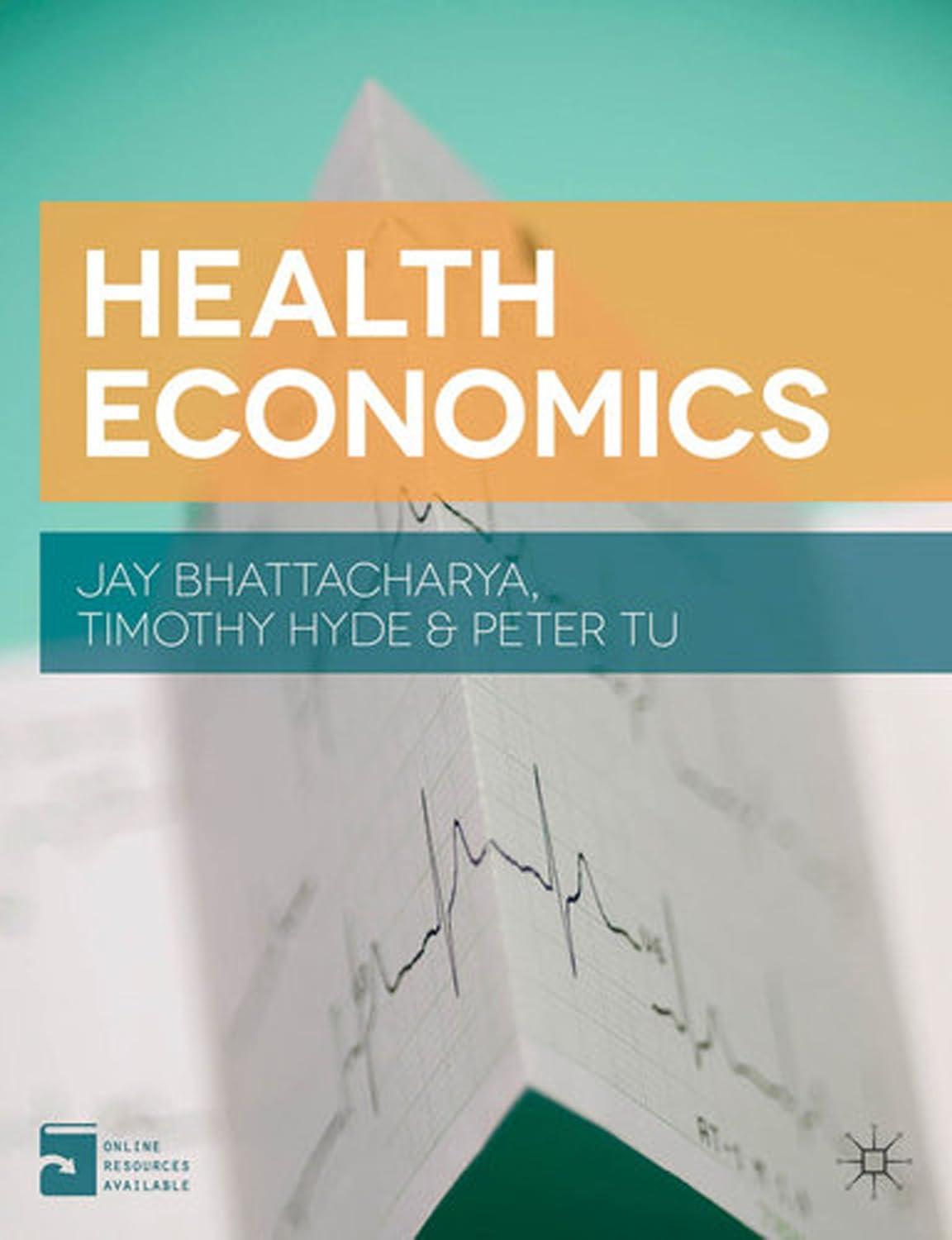Below is the abstract of a recent National Bureau of Economic Research working paper entitled Positive and
Question:
Below is the abstract of a recent National Bureau of Economic Research working paper entitled “Positive and negative mental health consequences of early childhood television watching” by Waldman et al. (2012):
An extensive literature in medicine investigates the health consequences of early childhood television watching. However, this literature does not address the issue of reverse causation, i.e., does early childhood television watching cause specific health outcomes or do children more likely to have these health outcomes watch more television? This paper uses a natural experiment to investigate the health consequences of early childhood television watching and so is not subject to questions concerning reverse causation. Specifically, we use repeated cross-sectional data from 1972 through 1992 on county-level mental retardation rates, county-level autism rates, and county-level children’s cable-television subscription rates to investigate how early childhood television watching affects the prevalence of mental retardation and autism. We find a strong negative correlation between average county-level cable subscription rates when a birth cohort is below three and subsequent mental retardation diagnosis rates, but a strong positive correlation between the same cable subscription rates and subsequent autism diagnosis rates. Our results thus suggest that early childhood television watching has important positive and negative health consequences.
a. Assuming the findings of this paper are correct, connect their results to one or more of the hypotheses discussed in this chapter.
b. The researchers assume that higher rainfall in a county will lead to higher cable subscription rates (because people in those counties are more likely to stay inside and watch TV). In other words, they treat rainfall amounts as a random influence on cable subscription rates. Explain why a natural experiment is important to identify a causal effect. In this case, what selection biases are the researchers concerned about?
c. Assume that this natural experiment is invalid and that cable subscription rates are instead totally determined by income (that is, rich families are more likely to buy cable, and the local weather plays no role). Interpret their evidence in light of this possibility.
Step by Step Answer:






